All Formats & Editions
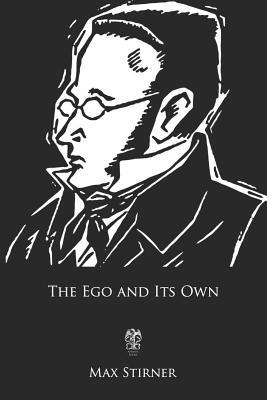
The Ego and Its Own
The Ego and Its Own is an 1844 work by German philosopher Max Stirner. It presents a radically nominalist and individualist critique of, on the one hand, Christianity, nationalism and traditional morality, and on the other, humanism, utilitarianism, liberalism and much of the...
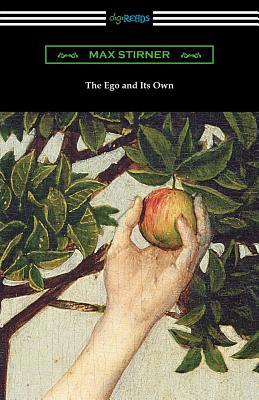
The Ego and Its Own
Originally published in German in 1844, philosopher Max Stirner's "The Ego and Its Own" is an important and influential work that harshly criticizes Christianity and nationalism as well as the emerging movements of liberalism and socialism. Stirner's work is viewed by historians...
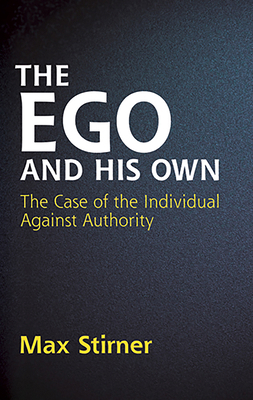
The Ego and His Own: The Case of the Individual...
Credited with influencing the philosophies of Nietzsche and Ayn Rand and the development of libertarianism and existentialism, this prophetic 1844 work challenges the very notion of a common good as the driving force of civilization. By examining the role of the human ego, author...

Stirner: The Ego and its Own (Cambridge Texts i...
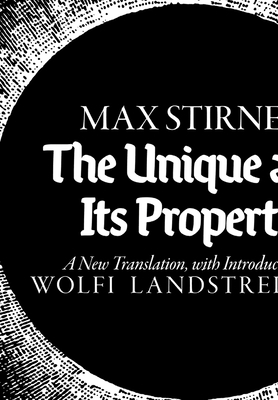
The Unique and Its Property
Johann Kaspar Schmidt (aka Max Stirner) wrote this trailblazing political text in 1845. It is a statement that the individual is the measure of all things and establishes the foundation that existentialism, egoism, and nihilism are built on. Every group, every collectivity, demands...
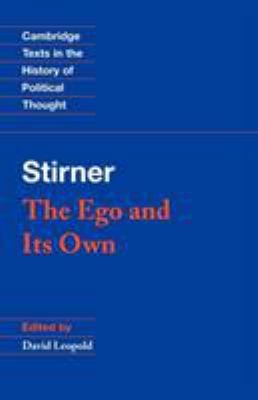
Stirner: The Ego and Its Own
Max Stirner's The Ego and Its Own is striking and distinctive in both style and content. First published in 1844, Stirner's distinctive and powerful polemic sounded the death-knell of left Hegelianism, with its attack on Ludwig Feuerbach, Bruno and Edgar Bauer, Moses Hess and...
![El único y su propiedad [Spanish] 1535229322 Book Cover](https://i.thriftbooks.com/api/imagehandler/l/C5678A0020087D0425CC11EF181DE769B2114745.jpeg)
El único y su propiedad [Spanish]
Johann Kaspar Schmidt (Bayreuth, 25 de octubre de 1806 - 26 de junio de 1856), m s conocido como Max Stirner, fue un educador y fil sofo alem n cuyas posturas profundizan en el ego smo o solipsismo moral. Sus reflexiones filos fico-pol ticas sobre el individuo soberano sirven...
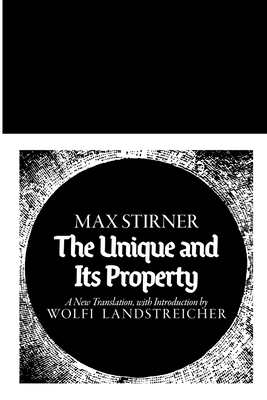
The Unique and Its Property
The Unique and Its Property brings to the world a radical view: egoism, the notion that the individual is the measure of all things. Max Stirner's opus first published in 1845. In the first new English-language translation since 1907. The Unique and Its Property brings to the...
![L'Unique Et Sa Propriété (Éd.1900) [French] 2012584349 Book Cover](https://i.thriftbooks.com/api/imagehandler/l/264B97F9515934DE501E93DE38FA9C65BB75757D.jpeg)
L'Unique Et Sa Propriété (Éd.1900) [French]
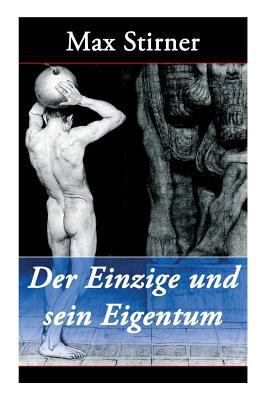
Der Einzige und sein Eigentum: Eine kritik der ...
Der Einzige und sein Eigentum ist das Hauptwerk von Max Stirner. Der Einzige wurde oft als extremer literarischer Ausdruck eines konsequenten Nihilismus und Anarchismus bezeichnet. Der Prolog ist bertitelt mit dem von Goethes Vanitas-Gedicht entlehnten Motto Ich hab' Mein Sach'...
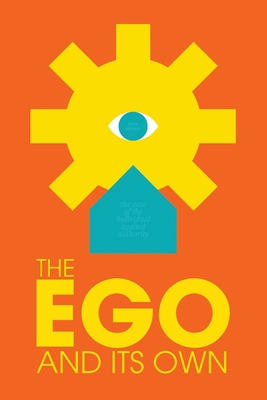
The Ego and Its Own: The Case of The Individual...
The Ego and Its Own is an 1844 work by Max Stirner. It presents a radically nominalist and individualist critique of, on the one hand, Christianity, nationalism and traditional morality, and on the other, humanism, utilitarianism, liberalism and much of the then-burgeoning...
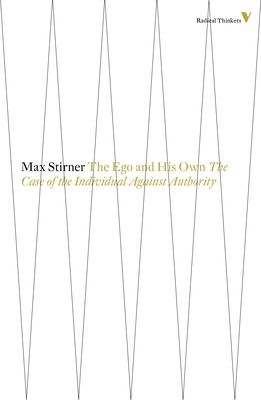
The Ego And His Own: The Case Of The Individual...
The Ego and His Own , the seminal defence of individualism, coloured the thinking of Friedrich Nietzsche, Max Ernst, Henrik Ibsen and Victor Serge, among many others, some of whom would vigorously deny any such influence in later years. Less reticent was Marcel Duchamp, who described...
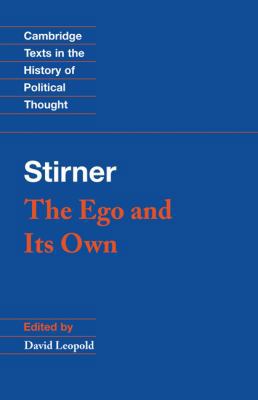
Stirner: The Ego and Its Own
Max Stirner's The Ego and Its Own is striking and distinctive in both style and content. First published in 1844, Stirner's distinctive and powerful polemic sounded the death-knell of left Hegelianism, with its attack on Ludwig Feuerbach, Bruno and Edgar Bauer, Moses Hess and...
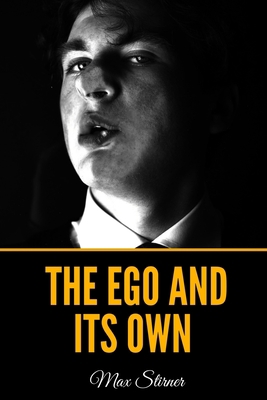
The Ego and Its Own
What is not supposed, to be my concern! First and foremost, the Good Cause, then God's cause, the cause of mankind, of truth, of freedom, of humanity, of justice; further, the cause of my people, my prince, my fatherland; finally, even the cause of Mind, and a thousand other...
![Max Stirner: Der Einzige und sein Eigentum. Vol... [German] 3965423606 Book Cover](https://i.thriftbooks.com/api/imagehandler/l/B867B6A3F093646991EC7215309E362F84E79478.jpeg)
Max Stirner: Der Einzige und sein Eigentum. Vol... [German]
"Fort denn mit jeder Sache, die nicht ganz und gar Meine Sache ist Ihr meint, Meine Sache m sse wenigstens die gute Sache sein? Was gut, was b se Ich bin ja selber Meine Sache, und Ich bin weder gut noch b se. Beides hat f r Mich keinen Sinn." (Max Stirner, Zitat aus dem Anfang...

The Ego and His Own : The Case of the Individua...
Credited with influencing the philosophies of Nietzsche and Ayn Rand and the development of libertarianism and existentialism, this prophetic 1844 work challenges the very notion of a common good as the driving force of civilization. Stirner chronicles the battle of the individual...
![El único y su propiedad [Spanish] 1539953092 Book Cover](https://i.thriftbooks.com/api/imagehandler/l/1EE4DFF93408EACF2B0E209A8BA2860319E5505A.jpeg)
El único y su propiedad [Spanish]
Johann Caspar Schmidt (1806-1856), alias Max Stirner, est presente en la Historia de la Filosof a gracias a una sola obra, El nico y su propiedad.
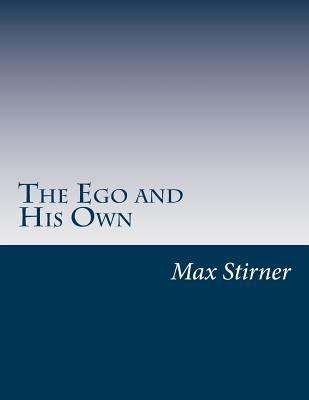
The Ego and His Own
Fifty years sooner or later can make little difference in the case of a book so revolutionary as this. It saw the light when a so-called revolutionary movement was preparing in men's minds, which agitation was, however, only a disturbance due to desires to participate in government,...
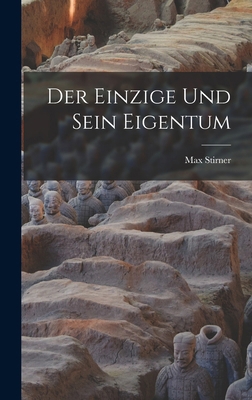
Der Einzige und Sein Eigentum
This work has been selected by scholars as being culturally important, and is part of the knowledge base of civilization as we know it. This work is in the "public domain in the United States of America, and possibly other nations. Within the United States, you may freely...
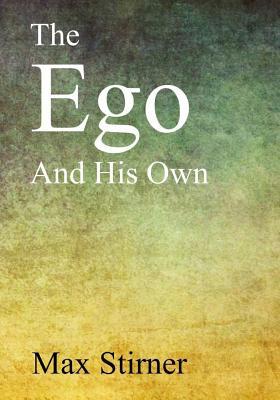
The Ego and His Own
This work has been selected by scholars as being culturally important, and is part of the knowledge base of civilization as we know it. This work was reproduced from the original artifact, and remains as true to the original work as possible. Therefore, you will see the original...
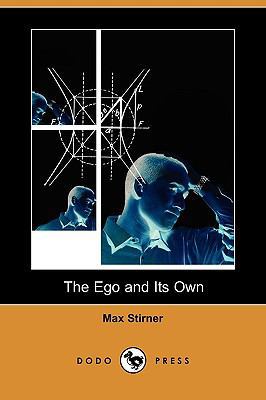
The Ego and Its Own (Dodo Press)
Johann Kaspar Schmidt (1806-1856), better known as Max Stirner (the nom de plume he adopted from a schoolyard nickname he had acquired as a child because of his high brow, in German 'Stirn'), was a German philosopher, who ranks as one of the literary grandfathers of nihilism,...

The Unique and Its Property
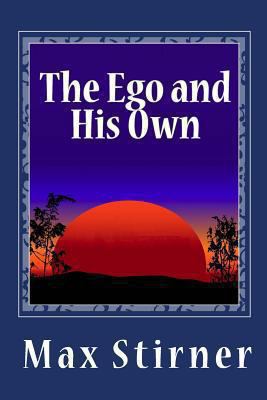

The ego and his own: The case of the individual...
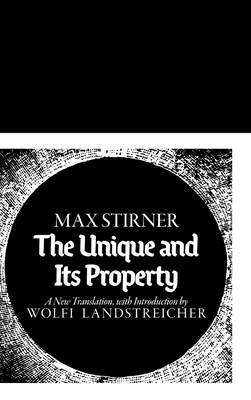
The Unique and Its Property
The Unique and Its Property brings to the world a radical view: egoism, the notion that the individual is the measure of all things. Max Stirner's opus first published in 1845. In the first new English-language translation since 1907. The Unique and Its Property brings to the...



